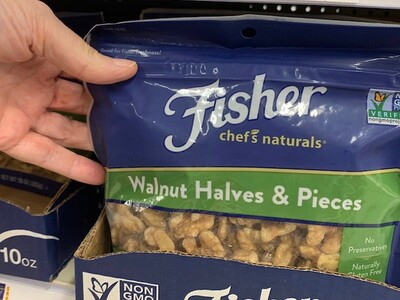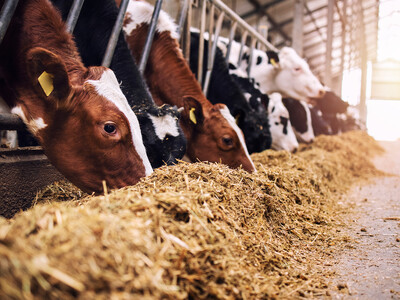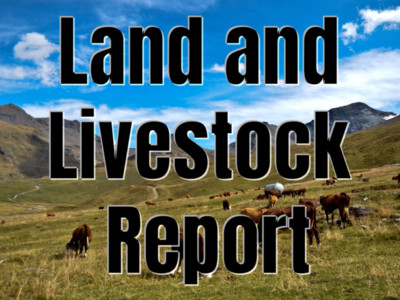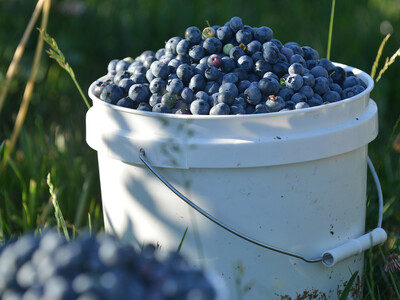1-9 IAT Milk Allergy
Parents and doctors may be overly quick to blame cow's milk when infants experience adverse food reactions, according to a study in Archives of Disease in Childhood. That may lead to dietary changes that are unnecessary and potentially less nourishing. Also, eliminating cow's milk from infant formula could increase the child's chances of developing true cow's-milk allergy later in life, researchers said. The study followed 13,019 babies born in Israel between 2004 and 2006. Parents were contacted every second month, starting three months after the birth, and asked to notify an allergy clinic if their child had an adverse skin, respiratory or gastrointestinal reaction believed to be linked to cow's-milk protein in infant formula or passed through breast milk. Here’s Cheri Chase from the Idaho Dairy Products Commission: ”Dairy is part of a healthy diet and is important for people of all ages. Obviously when it comes to children you should work with your pediatrician because there is such a thing as lactose intolerance and there are people who have milk allergies so if a child is consuming foods and not feeling well, then certainly work with your pediatrician. However overall, for the general population, milk is a very nutrient rich food source.













